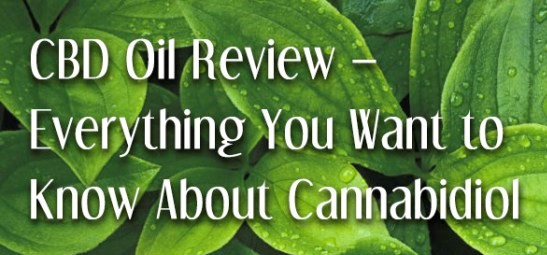
An introduction to CBD Oil.
What's the difference between Cannabis and Hemp?
Why is CBD Oil classed as a food supplement?
Lets start by understanding – What is CBD?
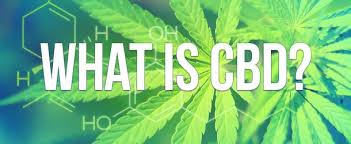
Five Quick Facts about CBD
CBD is a key ingredient in Cannabis
CBD is none psychoactive
CBD reduces the negative effects of Cannabis (getting high/sleep inducing)
CBD has a wide range of medical benefits*
CBD is still classed as a drug in many countries
*The text below is taken from the NHS website:
Cannabis contains active ingredients called cannabinoids. Two of these – tetrahydrocannabinol (THC) and cannabidiol (CBD) – are the active ingredients of a prescription drug called Sativex. This is used to relieve the pain of muscle spasms in multiple sclerosis.
Another cannabinoid drug, called Nabilone, is sometimes used to relieve sickness in people having chemotherapy for cancer.
https://www.nhs.uk/Livewell/drugs/Pages/cannabis-facts.aspx
Cannabis contains at least 113 active cannabinoids including both Tetrahydrocannabinol (THC) and Cannabidiol (CBD), but these two compounds have different effects.
CBD is not psychoactive, meaning that it does not change the state of mind of the person who uses it. However, it does produce significant changes in the body and has medical benefits.
What's the difference between Cannabis and Hemp?
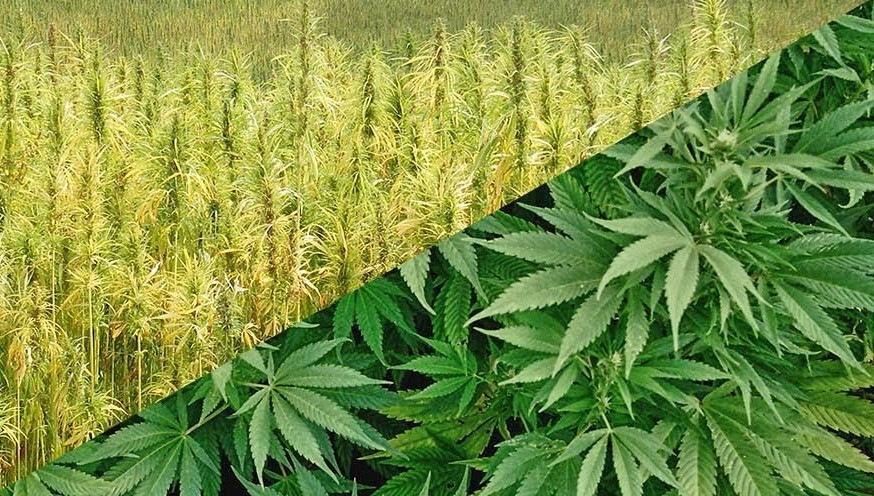
To understand the differences between cannabis and hemp, it is important to begin with this simple concept, both cannbais and hemp come form the same plant, just differenent parts. Depending on how the plant is grown and utilised will determine which term is correct.
The term cannabis is used when describing a Cannabis Sativa plant that is bred for its potent, resinous glands (known as trichomes). These trichomes contain high amounts of Tetrahydrocannabinol (THC), the cannabinoid most known for its psychoactive properties.
The term Hemp is used to describe a Cannabis Sativa plant that contains only trace amounts of THC. Hemp is a high-growing strong and durable plant, typically bred for industrial uses such as oils and topical ointments, as well as fibre for clothing, paper and construction.
Only products made from industrial hemp (less than 0.3% THC) are legal to sell, buy, consume, and ship. This single factor (0.3%) is how we distinguish between what is classified as “hemp” and what is classified as “cannabis.”
CBD Oil is made from high-CBD, low-THC hemp and because hemp contains only trace amounts of THC, hemp oil products are non-psychoactive unlike cannabis products which are usually made from plants with high concentrations of psychoactive tetrahydrocannabinol (THC).
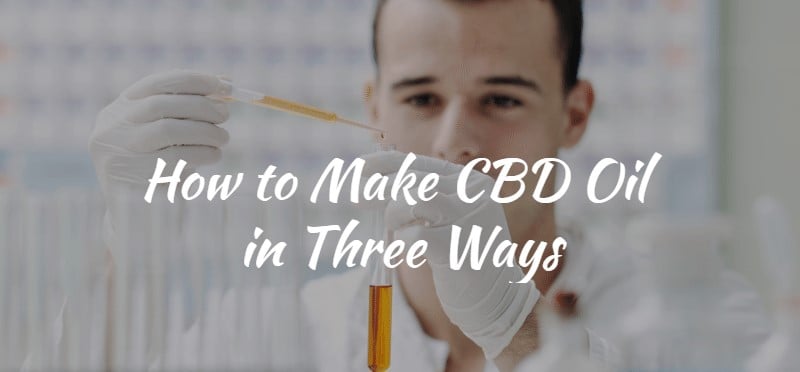
There are various extraction methods for making cannabis oil, the three most common are described below:
This method involves soaking the plant material in ethanol and then using a purging process to remove the ethanol.
This is often done using a machine called a Roto-Vap that is used to heat the cannabis-ethanol solution in order to evaporate the ethanol and reclaim it for later use. This can also be accomplished by heating your solution in a hot water bath, but you won’t be able to collect the evaporated ethanol.
2. Butane extracts
Butane is another popular medium used to extract cannabinoids from cannabis plants but this is one of the more dangerous methods.
To start, fill a tube (metal or plastic) with plant material. The better quality material used directly affects the quality and yield of the extract. Cover one end with a filter or mesh screen with holes small enough to prevent any of your plant material from seeping through. Now, spray the butane into the tube and allow the resulting cannabis-butane solution to drip into a glass dish that is placed below the filter end of your tube.
At this point, the butane must be purged from the solution for safety. This is accomplished by heating the solution in a hot-water bath. As you slowly heat the butane solution, it will begin to bubble, this is the gas escaping.
The water-bath will quickly become cold, so changing it frequently is key to purging all the butane. The remaining “goo” is cooled and then used as the concentrate known as shatter.
3. C02 Extracts
Supercritical fluid extraction is another common method used to extract cannabinoids from cannabis. While it is possible to use other gasses in their liquid form, C02 is the most commonly used gas in this method.
C02 is a connoisseur’s preferred extraction medium because it compresses beyond its “critical” point at around 90°F, a temperature well below the deactivation temperature for cannabinoids and terpenes. This means more flavour and a clearer high from C02 derived concentrates.
This extraction method relies on pressure and temperature to extract the terpenes, cannabinoids and waxes from the cannabis material. Extractors put their material in an extraction vessel and then force the C02 liquid through the vessel.
While controlling pressures and temperatures, the cannabinoids, terpenes and waxes will separate and collect in various chambers attached to the vessel.
Extractors know at which temperature and pressure each terpene, cannabinoid and wax separate, from the homogeneous solution of cannabis material. This way they are able to target certain flavours and “types of high” produced by the genetics they are using.
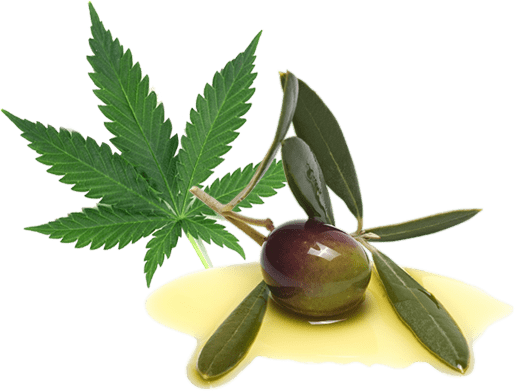
Cannabis oil is a concentrated oil extracted from the cannabis plant.
Cannabis oil producers have their own unique recipes, for example Love CBD add Olive oil to the cannabis extract to create a natural product.
CBD oil has many uses and can be taken orally, rubbed on the skin, and sometimes inhaled through vapour or used intravenously to produce its effects.
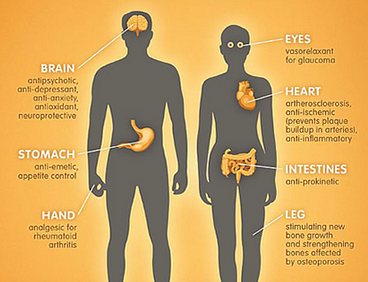
Cannabinoids are thought to provide their benefit by acting on our bodies’ endocannibinoid system. This system of cannabinoid receptor sites is generally split into two separate classifications—CB1 receptors and CB2 receptors.
CB1 receptors are found mostly in our brains and are responsible for controlling pain, inflammation, and stress reactions. These receptors are commonly targeted by the psychoactive cannabinoids like THC.
CB2 sites are most-commonly found on immune cells and are much less-prevalent in the brain than CB2 cells. Modern research illustrates these receptor sites to play an integral role in modulating the effects of inflammation throughout our body. Inflammation is considered by many to be the root of almost every major disease, and helping to reduce it’s effects could help to attenuate the impact of many diseases.
Case Study - Cannabis oil used as cancer treatment
A cancer survivor says her road to recovery was far from easy. A stroke and an accidental aspirin overdose were just part of the fight for her life. Eventually Beth Dennis beat the disease and says it's all thanks to cannabis oil.
"When you are first diagnosed you are scared, you are upset," said Indianola native, Beth Dennis. "I cried all day long. I really hesitated about telling my kids."
Having seen her mother die of cancer, Beth Dennis was willing to try anything to survive.
"Then you say, well I am going to stay around because I am only 50-years-old. I was too young to go. So I wanted to do anything I could to stay here."
One thing she tried was cannabis oil. Back in May 2017, former Governor Terry Branstad passed a bill legalizing medical marijuana and cannabis oil for Iowans suffering with a variety of medical problems.
"To me its medicine. It is not a drug."
Beth began taking a high THC cannabis oil three times a day. She says it relieved her pain tremendously and got her off prescription drugs. This, and a strict diet gave her the good news she never thought she'd hear.
"I didn't expect when I started taking this stuff that less than three months later I would take a scan and they would would say your cancer is gone."
Now Beth is raising money to start a clinic, so she can help other cancer patients fight the way she did.
"I think I have proved that it is medicine and it helps and it could help a lot of people."
Why is CBD Oil classed as a food supplement?
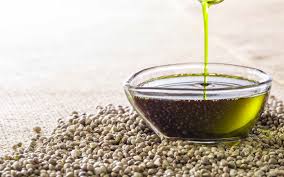
As of the 3rd October 2016, the Medicines and Healthcare products Regulatory Agency (MHRA) issued notices to a number of CBD suppliers stating that cannabidiol (CBD) was being designated as a medicine and that sales of all CBD products must stop within 28 days.
A follow-up statement was made by the MHRA on the 13th October confirming that this was only an opinion and that it was only products that are marketed for medical purposes that would be classed as medicines by the UK regulatory body.
This lead to great confusion by consumers in the UK as to the legal status of CBD and whether these products would still be available.
The Cannabis Trades Association UK is working with the MHRA to ensure a fair standard is produced that allows for the sale of CBD in the food supplement market up to an agreed daily dosage.
1. One of the most important CBD studies every published was a path-breaking study into the efficacy of using CBD as a treatment for epilepsy.
In 2012, researchers with the British Epilepsy Association published a paper called “Cannabidiol exerts anticonvulsant effects in animal models of temporal lobe and partial seizures.” In it, the researchers conclude that “CBD significantly decreased the percentage of animals experience the most severe tonic-clonic seizures.”
2. The cutting edge of cannabis research looks into the plant as a treatment for serious diseases like Parkinson’s, Alzheimer‘s, and multiple sclerosis.
In this regard, one of the most important CBD studies ever published came out in 2006. The study’s title is super-technical, but it underscores the neuroprotective aspect of cannabidiol (CBD). It’s called “The marijuana component cannabidiol inhibits beta-amyloid-induced tau protein hyperphosphorylation through Wnt/beta-catenin pathway rescue in PC12 cells.”
3. The most important study to uncover the pain-relieving effects of CBD came out in 2015. Until then, research into CBD and pain had been very preliminary and conducted almost exclusively on mice. The trouble was with isolating CBD from THC, which we also know has a powerful affect on pain.
But the study, “Distinct interactions of cannabidiol and morphine in three nociceptive behavioral models in mice,” changed the game. The study looked at CBD in combination with morphine and independently of it. The goal was to compare effects and their interaction.
CBD oil can be bought on the high street from chemists and health food store or online from manufacturers or resellers.
At Discount Cannabis Seeds you can purchase the Love CBD range of CBD products.



DISCLAIMER: To comply with UK law, Discount Cannabis Seeds sells Cannabis Seeds for souvenir and collection purposes only. Discount Cannabis Seeds accepts no liability for customers purchasing them for any other purposes.

Office Address:
PLEASE NOTE OUR BUSINESS IS ONLINE ONLY, NO SEEDS ARE FOR SALE AT OUR OFFICE ADDRESS
49 Station Road
Polegate
East Sussex
BN26 6EA
Email:
[email protected]

Find out about our experience with Trustpilot > DCS & TRUSTPILOT

Discount Cannabis Seeds have been awarded certification by Cannabis Professionals, CannaPro - the trade association for the UK’s cannabis industry.
Copyright © 2024,


